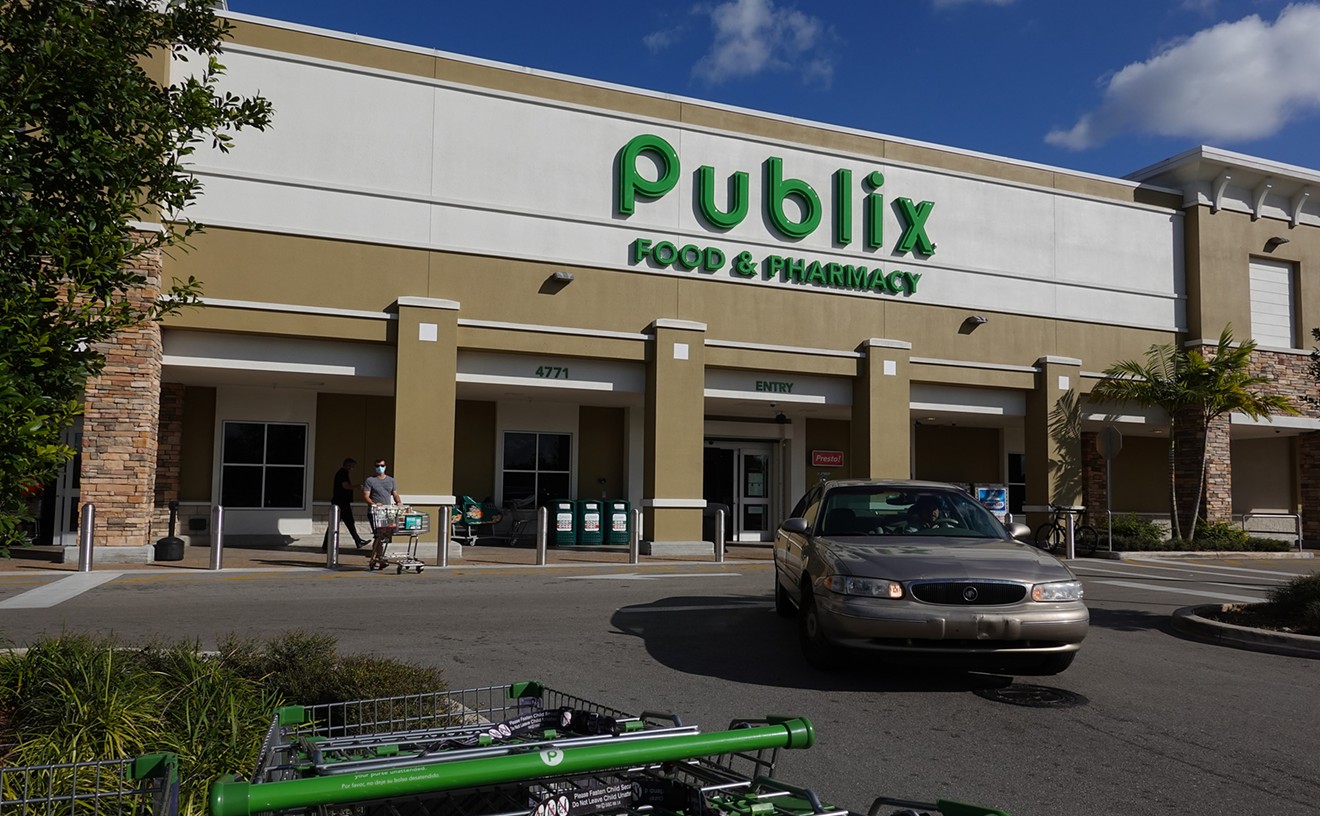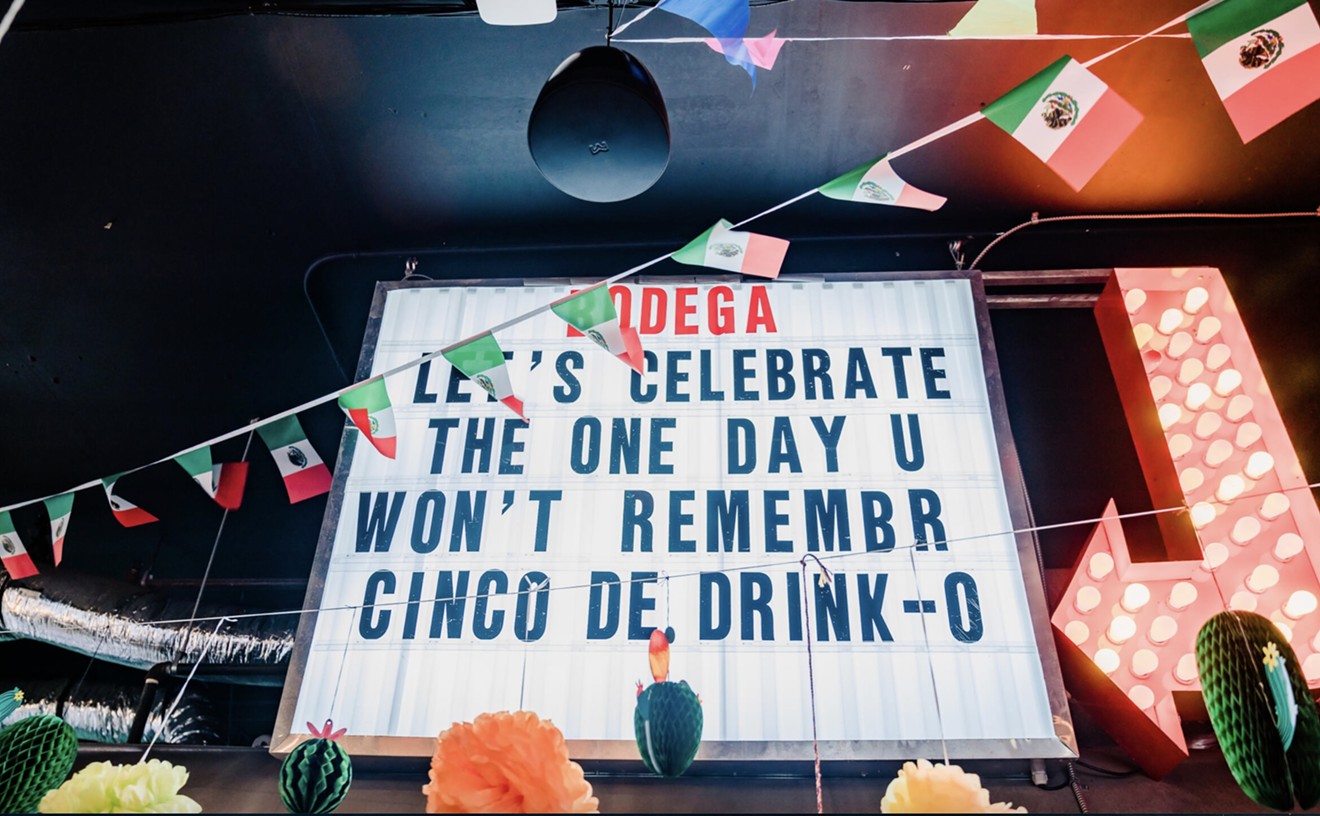Kennedy explained some of the basic ingredients of Oaxacan cuisine, including the "three pillars" of cacao, corn, and chiles. She advised the audience to seek out the highest quality Mexican ingredients: "If you're doing a fussy French meal, you'll get the best ingredients, but people think they can just throw anything into a Mexican meal."
She urged the audience to support the few remaining farmers of native chiles. Guajillo chiles and chiles de arbol are now cheaply imported from China, Kennedy said, but they are inferior, bad for the environment, and threaten the livelihood of farmers: "If you see a guajillo that doesn't look like a guajillo, and it's thin-fleshed, ask them where it comes from. There's a picture in my book."
The feisty Kennedy shared her knowledge of Oaxacan cuisine and her fierce dedication to preserving its natural and cultural resources.
Short Order had the good fortune to interview Kennedy before her presentation.
Kennedy: I
think so many people have been to Mexico and accept it. I also think
that so many young chefs are curious about new ingredients, and that has
helped tremendously. So I think it's just a natural progression of the
interest. Particularly with the euro so expensive, more people are
traveling to Mexico and they become curious about the food and the
ingredients.
What do you think people still need to know about Mexican cooking?
They
need to know what a good tortilla is because most of the tortillas are
made with a flour called maseca [instant cornmeal flour]. People need
to use the right masa [dough]. The right way is: use corn that's been
treated with lime and ground into a masa. They need to hone in on
that. I see all these critiques of Mexican restaurants, especially in
New York, and they never mention the quality of the tortillas.
Also:
cooks and chefs will not mess around with an Italian dish or a French
bouillabaisse but they think they have freedom to mess around with
Mexican cooking. Some chefs just want to throw things together, things
that don't belong in Mexican cooking.
There are so many Mexican
recipes that chefs don't bother to look at. There are so many exciting
Mexican recipes that they never do, but they'll mess other things up or
create new dishes. Let's get with it and try some of these authentic
recipes that chefs never do.
Have you ever encountered any resistance from people as you travel around, collecting recipes?
No,
the people have been enormously generous. It was only one person who would say "I go to the grave with my recipes." Generally, they've been
really wonderful. I take an interest and they know, immediately, that I
know what I'm talking about after so many years of trying to recreate
recipes. They're just very generous.
What are some good starting dishes for someone trying to master Oaxacan cooking?
I
would start with some of the simple soups like the sopa de calabaza and
with some of the bean and sauces recipes. My thing is to make sure
people go out and find the right chiles, especially the chile costeno,
the chilhuacle, and the pasilla de Oaxaca. It's very important because
when you buy them, you create a demand. If you create a demand, then
the people in remote areas who plant them will have more work.









